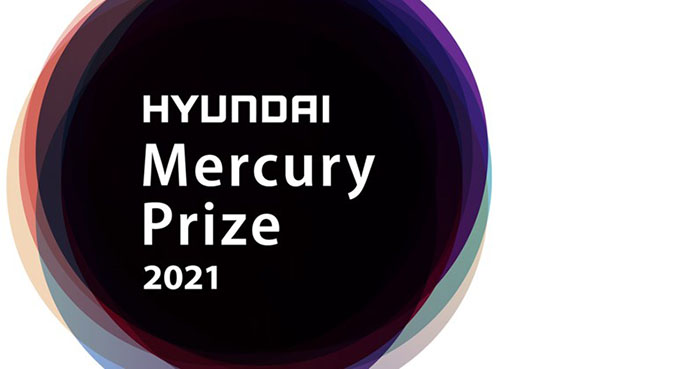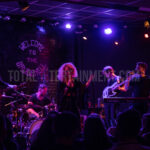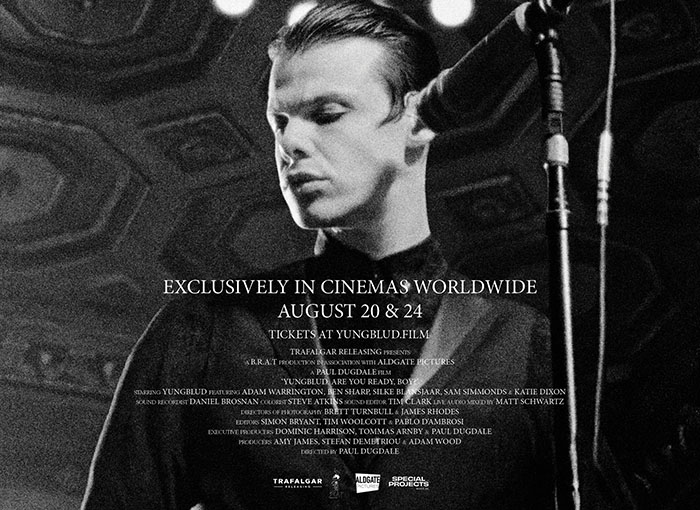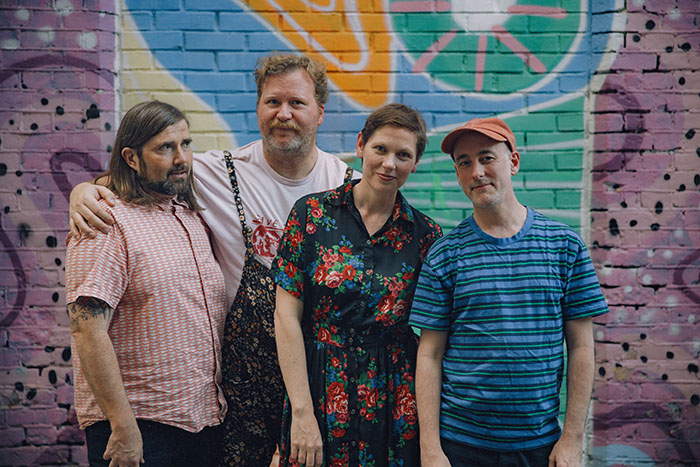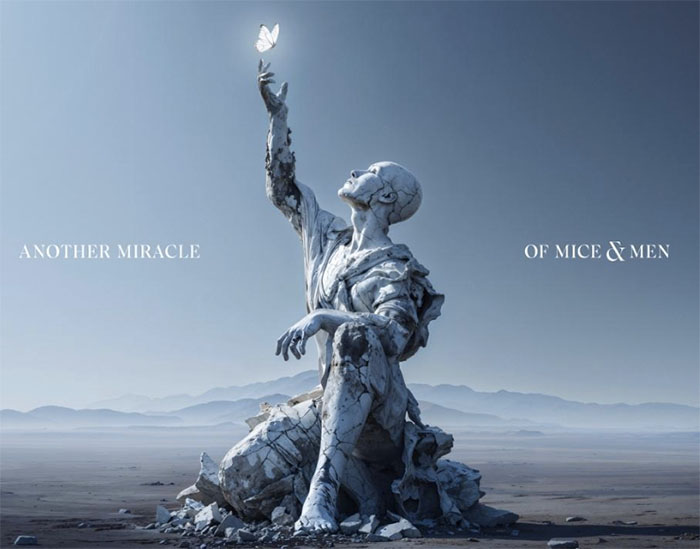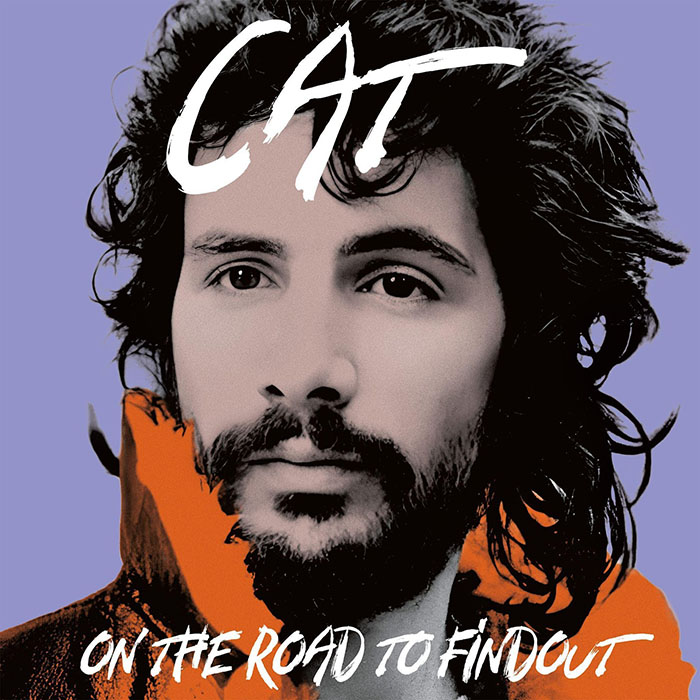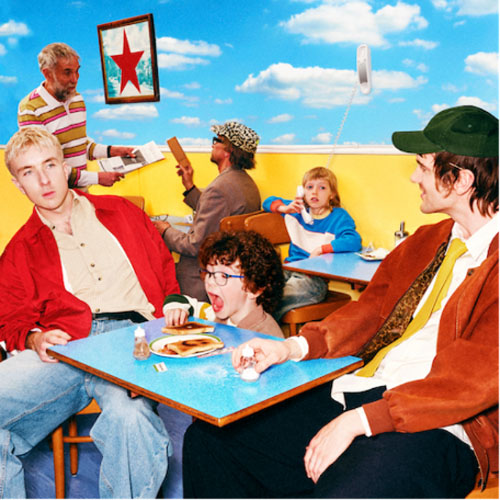The Mercury Prize 2021 review
So, that’s it. The Mercury Prize 2021 is over for another year, and what a ceremony it was. In July, I wrote a piece predicting the 12 albums that would be nominated (which I eventually found out was the only article on the internet about it), and earlier this week I predicted which record would win, dissecting each album piece by piece. In this final part of my Mercury Prize trilogy, written exclusively for TotalNtertainment, I will be reviewing the ceremony as a whole, the performances, the atmosphere and of course, sharing my opinions of the overall winner.
The atmosphere even before the show was electric. Everyone was excited to be there, from the musicians to the management, the journalists, the event staff and everyone else. Everyone knew that the Mercury’s are something special and because of that, everyone was excited. Everyone was incredibly friendly and all dressed to impress (including me, who went in a full suit for the first time since the pandemic). I’m not a fashion journalist, but the prize for the best outfit of the night goes to Nubya Garcia for her gorgeous green sequin dress (that’s the most fashion-based thing you’ll ever hear me say in any article ever!). The red carpet area was full of excitement, interviews, outfits and conversation. Seeing someone like Celeste having photos taken with Nubya Garcia felt absolutely beautiful. It seemed as if the whole industry was coming together, regardless of genre or anything else.
After we’d taken our seats, radio and TV legend Lauren Laverne took to the stage to welcome us all and to introduce the wonderful Wolf Alice, who performed “Smile” – a single from their third record, “Blue Weekend”. Accompanied by Black Honey’s front woman Izzy Bee Phillips on backing vocals, the track sounded sensational live, proving why Wolf Alice are one of the best bands in the world.
Three-time Mercury nominee Laura Mvula was the second act to perform, and what a performance it was. Laura was made for the Mercury’s, and it doesn’t matter what genre or style she does, because she pulls it out the bag every single time. Her rendition of “Church Girl” was euphoric and dancy, and actually put her in contention to win the Mercury based on that one performance.
Celeste decided to perform one of her biggest hits for her time in the spotlight, and that was the mysterious yet powerful “Strange”. Celeste’s vocals were the big standout for me, and this was actually one of my favourite performances of the night. The whole auditorium was silent throughout the entire song, as if her soulful voice had everyone transfixed. The roaring applause afterwards was sensational to hear, and despite the fact that Celeste was unlikely to win the Mercury with her debut album, “Not Your Muse”, her performance sent out a message that she would be back to win some day, and I’m sure that she will.
Producer and BBC Radio 3 presenter Hannah Peel was up next to perform “Emergence In Nature” from her fourth record, “Fir Wave”, and what a performance it was. I felt really sad that I was seated in the balcony area, because all I wanted to do was dance and embrace the song and the moment. Hannah was followed by Mogwai, who performed “Ritchie Sacramento”, which they claimed was the ‘only conventional pop song’ on their tenth record, “As The Love Continues”, and though the performance was great, I think they would have been better off choosing something more representative of the album.
Floating Points was next, for his album, “Promises”, which was made with jazz legend Pharoah Sanders and the London Symphony Orchestra. They weren’t able to be at the Apollo (the set-up would quite literally have taken the full show to put together and take down again), so instead the BBC showed us some previously unseen footage from the recording sessions for the album. This was interesting to see, but it was disappointing that an exclusive performance of a song from the record didn’t take place. As a result, this was one of the weaker moments of the night for me, but a moment that still worked for the typical BBC Four audience, and you can see that the BBC did try very hard to get something for it, and their dedication hasn’t gone unnoticed.
Nubya Garcia was up next, and her performance of “SOURCE”’s opener, “Pace”, was absolutely beautiful. It showed exactly what the album is all about the dedication to forging a new style of jazz music while still staying true to its historic roots. Garcia captured this essence expertly throughout her performance, as we witnessed the passion and the craft that went into every note she played.
Ghetts was the next artist to take to the stage, and the performance he gave of the opening track of his album “Conflict Of Interest”, “Fine Wine”, – which is my favourite from the record, was extraordinary. The passion in his bars, the singular performance of his band, the superb gospel choir… everything was brought together to great effect to convey the love and dedication that went into the album.
The next artist to feature was the mysterious London collective, SAULT. As the band have never appeared in public and have never performed live, we got another VT – this time an interview given by broadcaster Gilles Peterson about SAULT’s history, their previous discopgraphy, why their fourth album, “Untitled (Rise)”, has become such a sensational release over the last twelve months and how the Black Lives Matter movement plays into both that record and its predecessor, “Untitled (Black Is)”. The interview was simple but effective, aiming to convey who SAULT are, what they do and why their music is so important.
Black Country, New Road were next up, and they performed “Track X”. The band, who only released their debut album, “For the first time” (a Rough Trade Album of the Month), in February, had a bigger fan base in the venue than I had realised. Their music has captured people’s hearts and their performance of “Track X” showcased exactly why that is.
BERWYN followed, and his acoustic performance of “GLORY”, from his debut mixtape, “DEMOTAPE/VEGA”(the first mixtape in history to be nominated for the Mercury Prize), was sensational. It showed exactly how his album was created and was incredibly raw in its emotion and execution. BERWYN received the biggest applause of the night, and it’s not hard to see why. He became the first artist in history to be nominated for the Mercury Prize without having released a full length album and that performance shows exactly why that was such a special project to have this accolade. The final performance of the night came from the amazing Arlo Parks, but I’ll discuss that a little later on.
After the performances, there was a 40-minute interval while we waited for the BBC to show the various performances before going live to the Apollo for the announcement of the winning album (big TV trick there!), and for those 40 minutes, everyone was very much on edge. The Mercury judges, including the likes of Annie Mac, Anna Calvi and last year’s winner, Michael Kiwanuka, were moving towards making their decision as to which album would win the £25,000 prize, and, from the conversations, I had with people at the venue, near enough everyone had no idea who was going to win, except for Joff Oddie from Wolf Alice, who told me, “So long as it’s not us – give it to someone else, we’ve already had our turn”.
Before the big moment came, Lauren Laverne introduced us to yet another VT, this one featuring an interview with Michael Kiwanuka, who described how he felt after winning the 2020 Mercury Prize, which was a nice touch given that the ceremony couldn’t happen last year and the best the organisers could do was to announce the result on The One Show.
Then, the moment finally arrived, as Annie Macmanus came onto the stage to reveal the result for the third consecutive year. I love Annie announcing the winner, as she likes to explain how she and her fellow judges came to the decision they did before announcing it, but this year, I think she dropped the ball earlier than she should’ve done, after she said:
“We chose an artist with a singular voice who uses lyrics of remarkable beauty to confront complex themes of mental health and sexuality, and who connects deeply with their generation in doing so. This is an artist who demonstrates how to be quietly strong in a world of extrovert noise who expertly reflects the plurality of contemporary British life in their songs.”
As soon as I and everyone else in the auditorium heard the mention of the use of lyrics to confront mental health and sexuality, the entire place quietly erupted, as we all knew who had won. The winner of the 2021 Hyundai Mercury Prize was, of course, Arlo Parks with her debut album, “Collapsed In Sunbeams”.
The feeling in the room once the announcement was made was electrifying. Everyone was screaming, and a standing ovation was given to Arlo and her whole team as tears were shed. We were all caught up in the euphoria of the moment – a feeling which stayed with me long after I had left the event to go back to my hotel. All of the nominated artists were on their feet, happy at what they were seeing, and the big explosion of confetti that was set off as soon as the announcement was made made the scenes unfolding before us even more magical.
Arlo’s performances – both the first one and the reprise at the end – were amazing. She performed “Too Good”, the third track from her debut album, and it had everyone singing along and dancing away. Her stage presence was fantastic, showcasing her lyricism, her acceptance speech was beautiful and touching. She was the first solo female artist to win the prize since PJ Harvey made history in 2011 by becoming the first act to win the Mercury Prize twice, and also the first Mercury Prize-winning artist to be born in the 21st century.
So what do I think of the night as a whole? Well, we got some fantastic musical performances, with two of the strongest being from artists who I predicted would be quite low down on the judges’ contention to win the prize, there was a great atmosphere on the red carpet, anyone and everyone in the music industry being there, with Loyle Carner, Jack Saunders from BBC Radio 1, Ross Buchanan from Absolute Radio and Little Simz just to name a few. Lauren Laverne’s presenting and analysis of all of the artists and albums were was second to none as always, the staging was fantastic, the Eventim Apollo, with its impressive history and architecture, was the perfect place to hold the event, twelve incredible albums were in contention and the best album (in my opinion, at least) won. The 2021 Hyundai Mercury Prize was an expertly organised event that introduced people to many new artists and made us all remember why we love music in the first place. I’m very excited to see who’s nominated next year for the 30th anniversary…
As the final part of my Mercury Prize 2021 trilogy of articles draws to a close, I’d like to take this opportunity to thank Jo Forrest of TotalNtertainment for allowing me to write about a prize that means the world to me, Ali Raymond of Beatnik Records, Jack Saunders, Ross Buchanan and Joff Oddie for taking the time to chat with me, everyone I met and spoke to at the event, my best friend and fellow broadcaster Atalya Hewing for coming with me, the entire team at the Mercury Prize and the Eventim Apollo for organising such an incredible event, and of course, thank you for reading
Ranking: ⭐️⭐️⭐️⭐️⭐️
Here were our predictions for the Mercury Prize 2021 part one and part two as well as our 12 albums most likely to win
How well did we do??
